Exact Answer: Approximately 7 Days
Mushrooms offer a nutritious and versatile alternative to meat. They are a delicious addition to any meal. Because of their relative variety, flavor, presence of various vitamins and minerals, mushrooms are a popular vegetable choice that also contains protein.
Fresh mushrooms go bad and their quality deteriorates quite fast. Thus, it is important to know approximately how long can mushrooms last.
Poor hygiene and exposure to moisture can cause the mushrooms to spoil within a short time. Although refrigerators can extend the shelf life, bacteria can start to grow on them if stored in the fridge for a longer duration than recommended. Of course, all foods last for a shorter period if they are not stored properly and mushrooms are no exception to this.
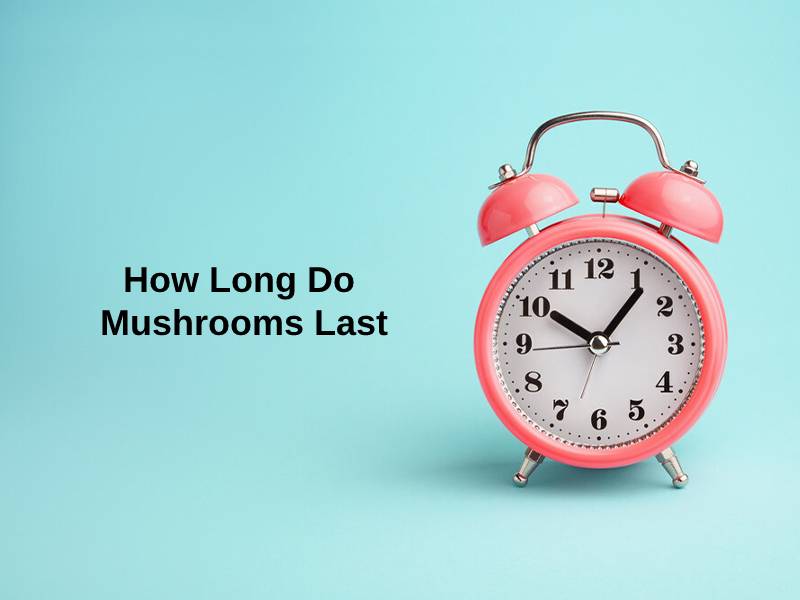
How Long Do Mushrooms Last?
Mushrooms have a pretty short lifespan of about a week. The high water content in them makes them more prone to mold, sliminess, and wilting. The storage method used also has a huge impact on how long will the mushroom last.
Whole and fresh mushrooms can last for up to a week in the refrigerator before they start showing the signs of spoilage. Cooking and freezing the mushrooms can help in keeping them fresh for a few days longer. However, cooked mushrooms must be consumed as soon as possible to experience their maximum flavor. Dried mushrooms have the longest shelf life when stored properly.
Due to the presence of high water content, mushrooms must be kept carefully to make them last longer. On especially hot and humid days, they might only stay fresh at room temperature for around 12 hours.

| Condition | Duration |
| Fresh Whole Mushrooms | 7 – 10 days |
| Fresh Sliced Mushrooms | 5 – 7 days |
| Cooked Mushrooms | Approx. 7 days |
| Dried Mushrooms | 2 – 3 years |
Why Do Mushrooms Last This Long?
If one keeps fresh mushrooms correctly, they can stay good for up to 10 days. It is also best to keep them in a zip-lock bag before placing them in the fridge as this can prevent them from getting slimy and going bad.
The duration of freshness also depends on the type of mushroom. To reduce the risks of any illness, one must ensure to clean the mushrooms thoroughly before consuming them and always storing them in the fridge.
Large whole mushrooms last slightly longer because they have a less exposed surface. One can easily understand when the mushroom has gone bad by seeing its color getting darker and a sticky, slimy surface developing on it. Once the mushroom has gone bad, they should not be eaten as they will probably be developing mold.
Room temperature is not a good way to store fresh mushrooms since these temperatures can make the mushrooms susceptible to developing bacteria making them unsafe for consumption.
Mushrooms are very porous and thus easily absorb smells and tastes from other things around them. So if possible, they must not be kept right next to things like fish or onions which have a strong smell as it can affect mushroom’s quality.

A brown paper bag is the best way to store fresh mushrooms as the bag will absorb the moisture from the mushroom and will prevent them from spoiling too quickly. However, one must ensure to keep the bag open and not stuff it up with too many mushrooms.
Alternatively, one can also store them in the packaging they come in from the store as they are designed in a way to allow an adequate supply of air while keeping excessive moisture at bay.
Conclusion
Mushrooms are a rich, low-calorie source of fiber, protein, and antioxidants. Whole mushrooms stay fresher for a longer duration than sliced ones. Thus, one can always opt for whole mushrooms and slice them only when they are ready to be cooked.
To extend their shelf life, it is best to store mushrooms whole and un-peeled in a sealed bag in the fridge. Fresh mushrooms remain the best when stored in the refrigerator as lower temperatures help prevent bacteria build-up and thereby slowing up their decay.


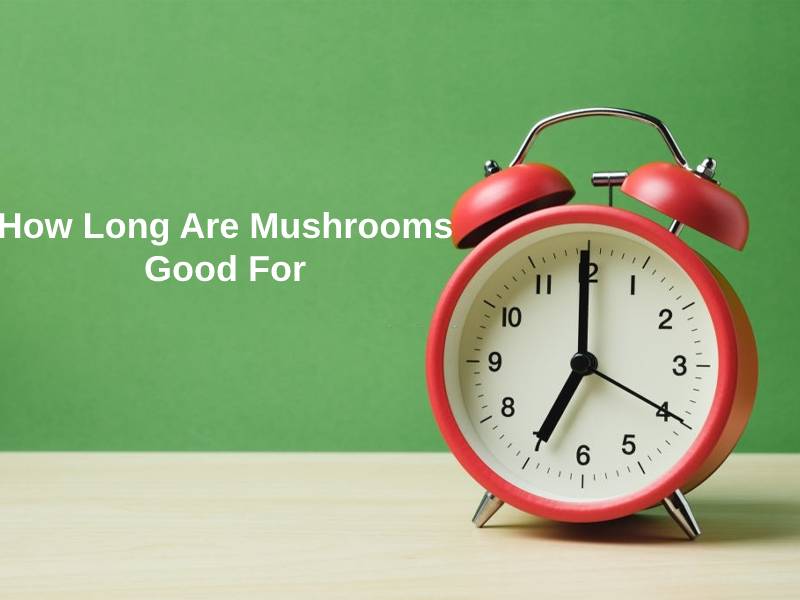
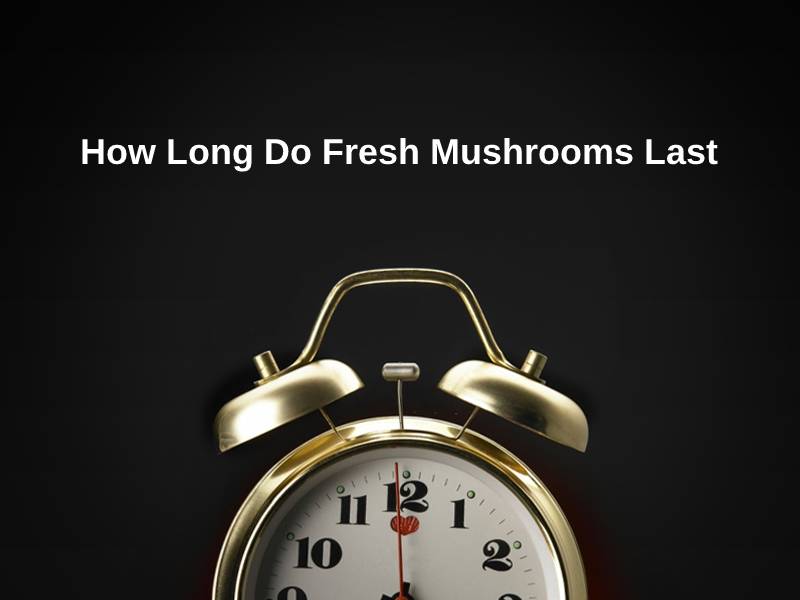

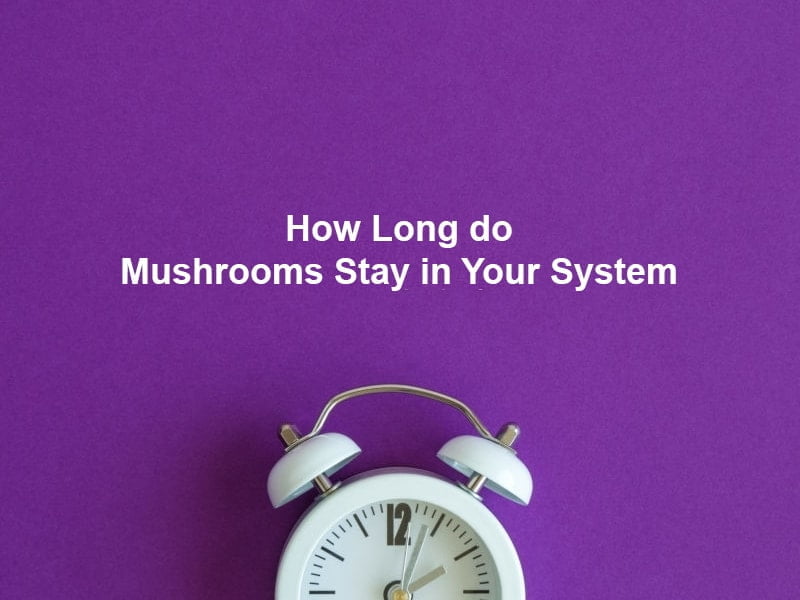
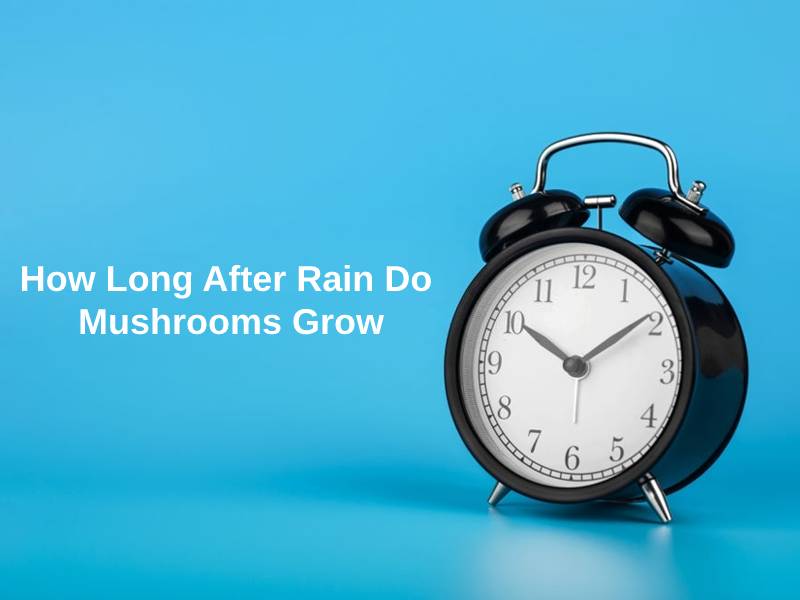
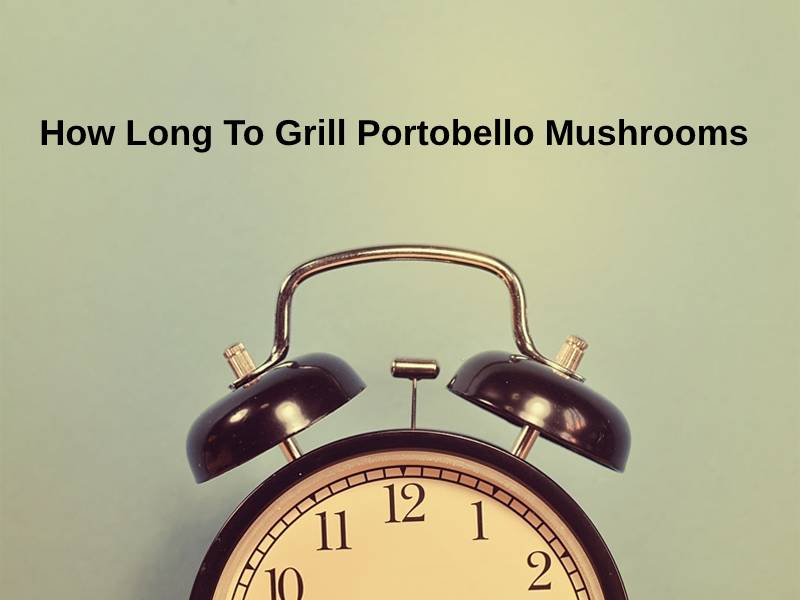







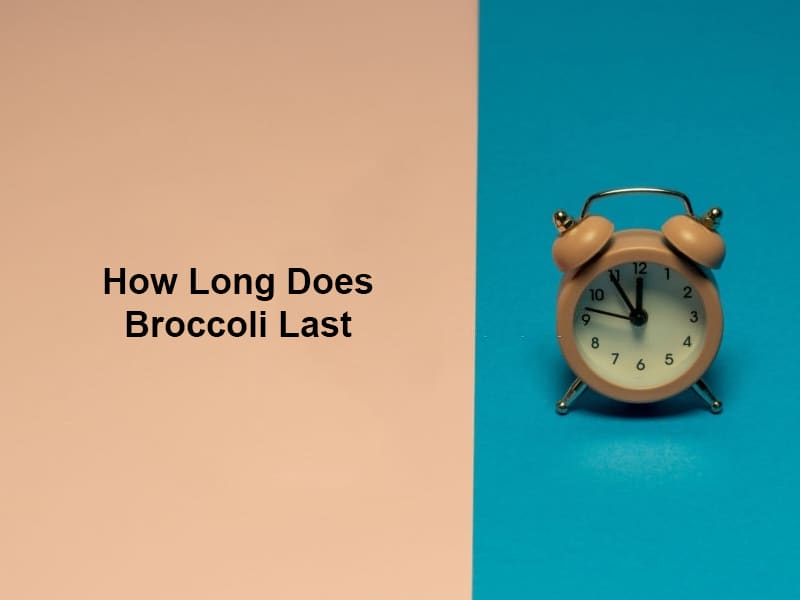

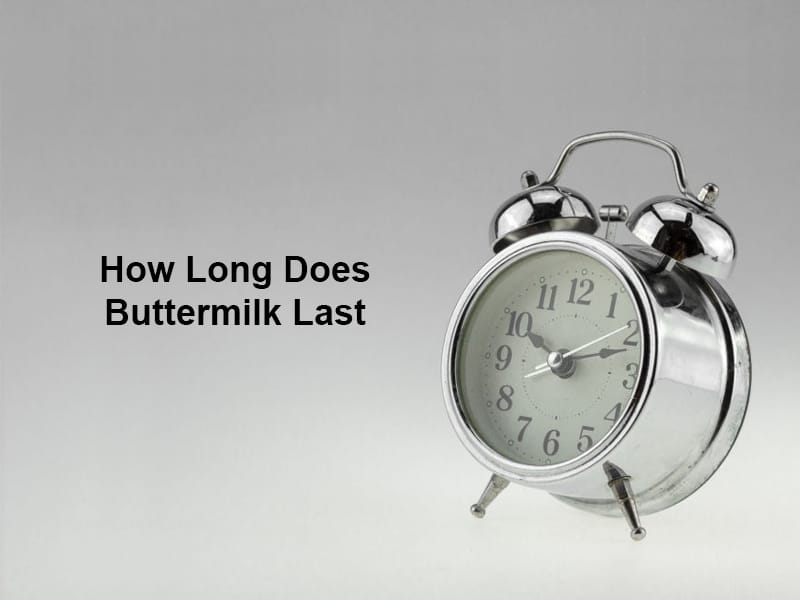



As someone who enjoys cooking with mushrooms, this article provided valuable insights on how to maximize the shelf life of mushrooms. I learned a lot from this.
I agree, it’s a valuable resource for anyone who incorporates mushrooms into their cooking. Knowledge is power!
This is a really interesting and informative article. I had no idea there were so many factors that affected the life of mushrooms. It’s definitely something to consider next time I’m grocery shopping.
I agree, it’s important to be mindful of how we store our fresh produce!
I didn’t know that whole mushrooms stay fresher longer than sliced ones. This is something I’ll remember next time I’m shopping for groceries.
Absolutely, this article makes me think twice about how I prep and store my mushrooms.
I found the conclusion of this article to be particularly insightful. It’s not just about storage time, but also the nutritional benefits of mushrooms that are highlighted here.
Absolutely, the article captured a holistic view of mushrooms – from their freshness to their nutritional value.
I’m glad I stumbled upon this post. I love cooking with mushrooms and it’s good to know how to properly store them to maximize their freshness. Thank you for sharing!
Yes, mushrooms are such a versatile ingredient, and knowing how to keep them fresh is key to enjoying their full potential in recipes.
The information about different storage methods for mushrooms is very enlightening. I will definitely put these tips to use next time I buy mushrooms.
Yes, the storage tips are key – I particularly appreciate the insights on using a brown paper bag or the original store packaging.
I had no idea about the effects of room temperature on fresh mushrooms. This article was an eye-opener!
I don’t eat mushrooms, but this was such an interesting read. The science behind their shelf life is fascinating.
This article is quite an eye-opener – it just goes to show that even simple foods have intriguing aspects to them.
Absolutely, understanding the nature of fresh produce is important – even if it’s not something one personally consumes.
I never realized the porous nature of mushrooms and their tendency to absorb surrounding odors. This gives me a new awareness of how to handle them in the kitchen.
Yes, it’s quite intriguing – mushrooms are not as straightforward as one might think in terms of storage and care.
I appreciate the scientific and nutritional perspective provided in this article. It’s not just about storage, but understanding the composition of mushrooms as well.
Absolutely, being informed about the foods we consume is so important. This article certainly contributes to that.
I appreciate the detailed breakdown of how long different types of mushrooms can last. It really helps in meal planning and reduces food waste.
Absolutely, being aware of the shelf life of fresh produce is crucial in maintaining a sustainable and efficient kitchen.